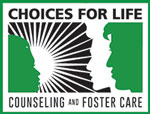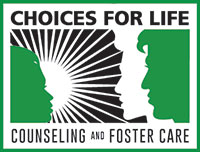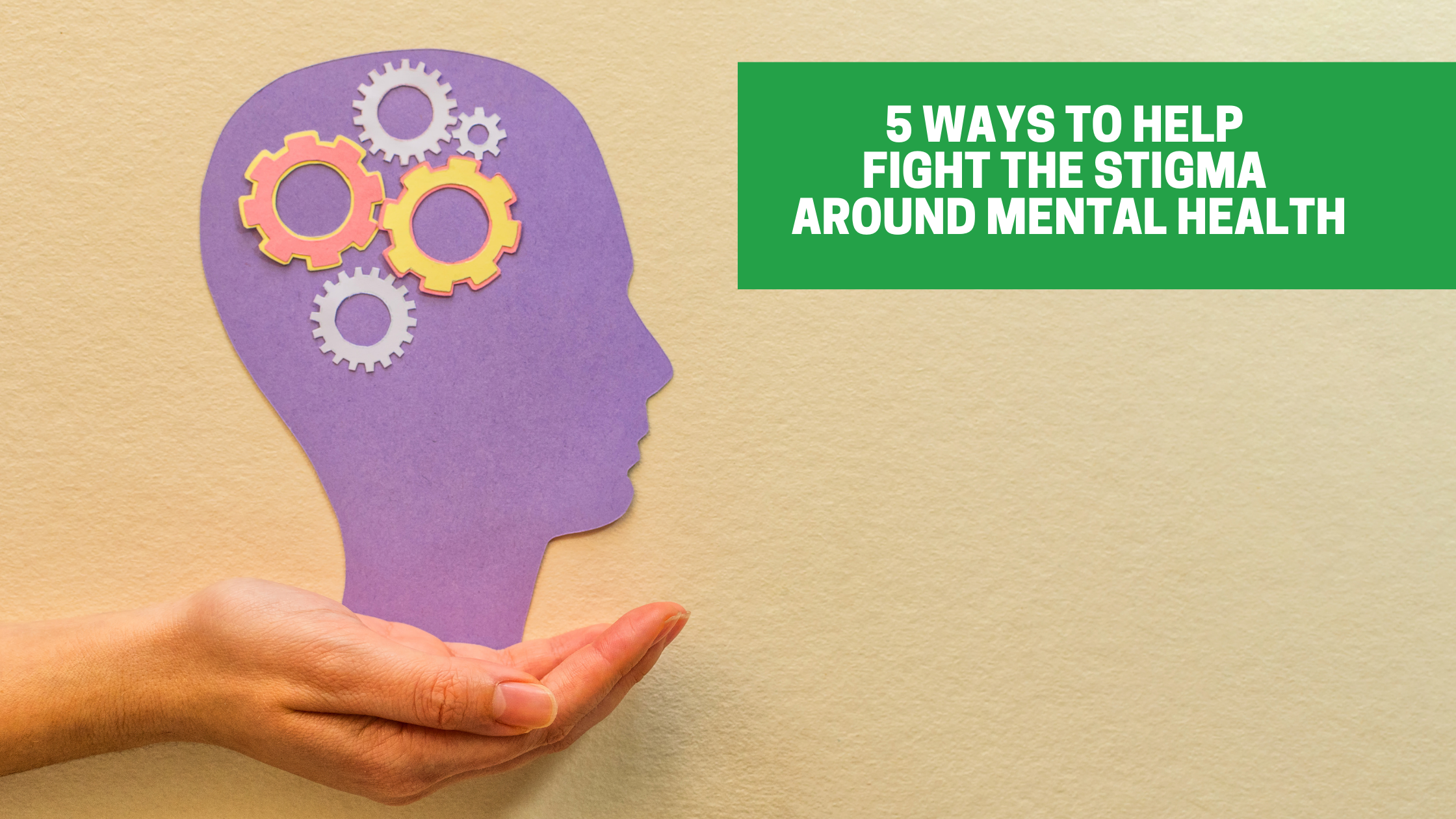5 Ways to Help Fight the Stigma Around Mental Health
In the past decade or so, the conversation around mental health has become more popular. With the increase in conversation, also comes an increase in the amount and types of stigma that surround it. Many find the subject of mental health to be considered taboo, others find it to be imaginary or fake. Some may just be jumping on the stigma bandwagon without even realizing it. That is why it is so important to educate yourself and others about mental health and to help fight the ongoing stigma around it.
Talk Openly About Mental Health
One of the first things you can do to fight the stigma is to just be open and honest about it. Feeling ashamed of your personal mental health, or of the mental health of those around you, is a very negative thought process that many of us have subconsciously. Even if you only share your experiences with one other person, that is one more person who hopefully feels comfortable then talking about their mental health.
Educate
Next, it is important to educate. You can talk as openly as you please, but it is important to be spreading correct information. There are already so many false statements and rumors circulating about mental health, that more misinformation is the last thing this community needs. It is important that when you choose to educate yourself or those around you, that you do so responsibly, respectfully, and with an open mind. Some of our favorite mental health resources to use for education are the National Alliance on Mental Illness and Mental Health First Aid.
Encourage Equality
One big thing that the mental health community strives for when fighting the stigma is fighting for equality between physical and mental illnesses. One of our favorite analogies is when someone breaks an arm in school, everyone runs to support them by signing their cast, but when someone opens up about their depression in school, everyone runs away because they are scared or confused. By starting with the proper education and practicing open communication, hopefully, the equality between illnesses will follow.
Use Appropriate Language
Now this one may not be as obvious as some of the previous ones we’ve talked about. Many people in the mental health community do not like to be defined by their mental health. It is easy to slip up and use mental health conditions as adjectives when talking about someone. For example, “Miranda is depressed.” This makes it sound like Miranda is defined by her depression. Next time try the easy switch of, “Miranda has depression.” This small switch takes depression from defining Miranda to being a small part of Miranda.
Show Compassion
Lastly, show compassion. We think this one comes with practice and time. It can be done so easily, but sadly is not done often enough. It is important to remember that everyone has a story to tell, and oftentimes we do not know their story. That is why it is beyond important to try and show compassion to everyone you meet. This is definitely one of those cases where actions speak louder than words. We encourage you to try and show a little more compassion in your everyday life.
Overall, the stigma around mental health will not go away overnight, it is something we constantly have to fight and educate for. These five small steps are just some of the easier ways to begin to do so. Now we know that talking about mental health can be triggering for some, so below we have a few resources if you or someone you know needs to seek help. Remember to treat people with kindness, and be nice to yourself as well.☀️
Suicide Prevention Hotline: 9-8-8
Seeking help is never a sign of weakness. It takes courage to ask someone for help, and it will always be better than continuing down the same path without assistance. Let people in your life know when you are struggling so they can be there to support you during this difficult time.
Choices For Life outpatient counseling proactively serve the changing physical and emotional needs of persons in a hurting society. We are prepared to assist teens with quality behavioral health rehabilitation services (BHRS), with areas of focus that include, but are not limited to, the client’s emotional, behavioral and educational needs, as well as most importantly, the centrality of family and spiritual values.
For more information on our Oklahoma outpatient services, click here.
For more information on our Georgia outpatient services, click here.


